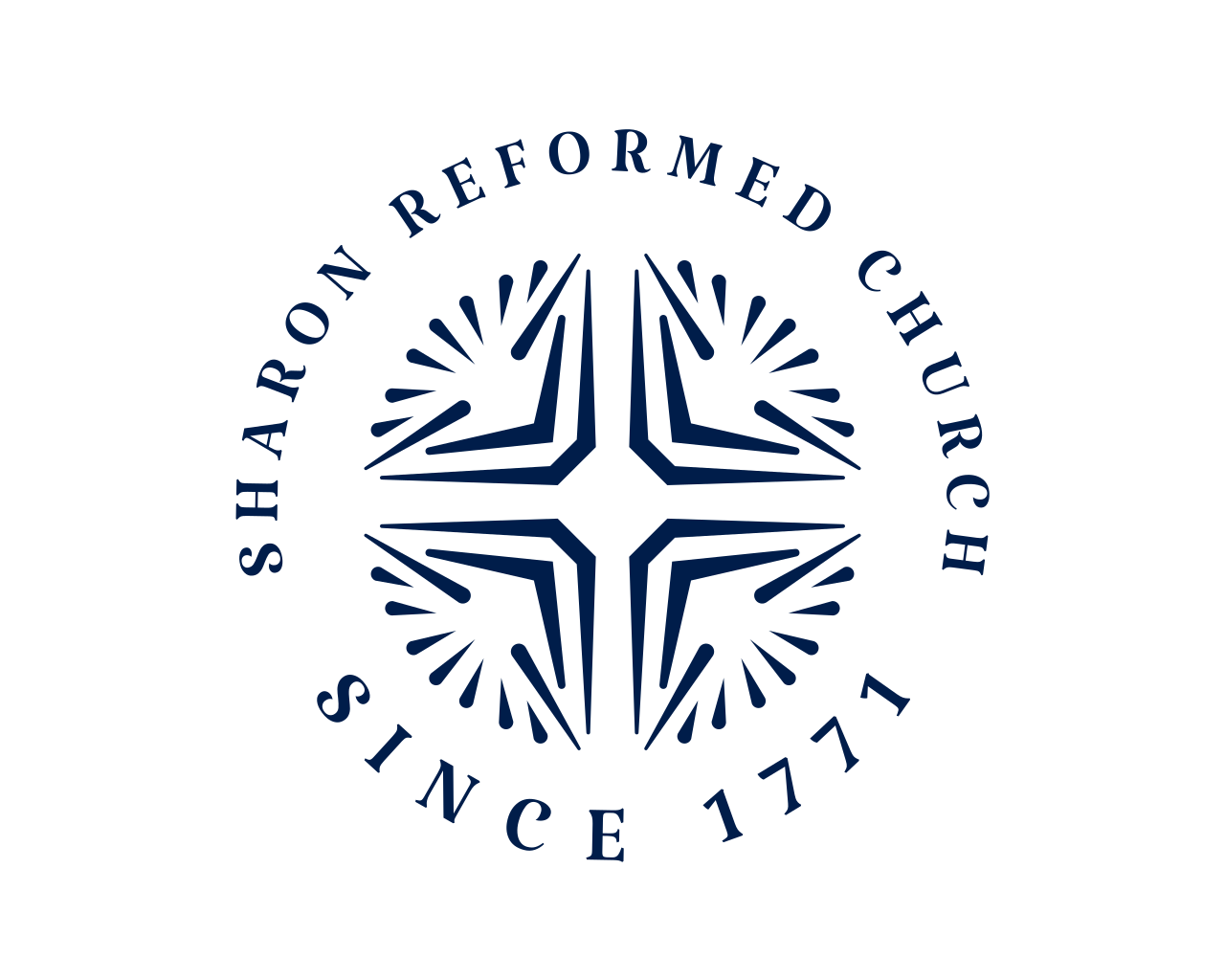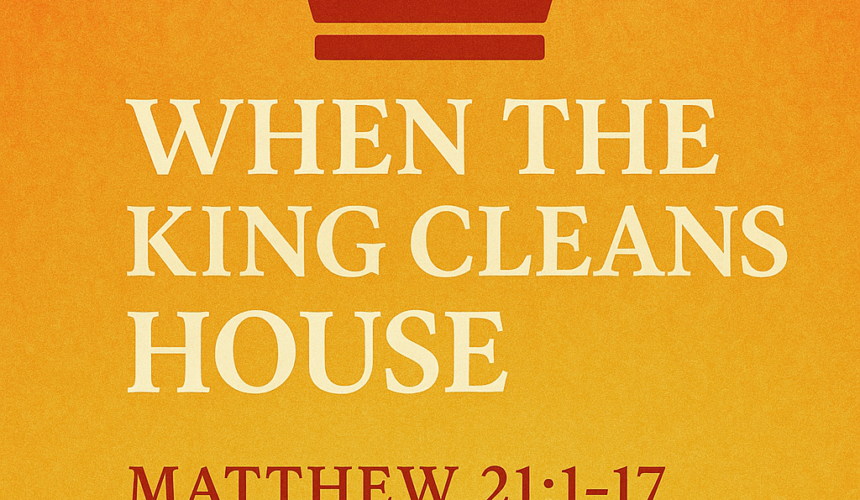Righteous Anger & Cleansing: Matthew 21:1–17
What if the very foundation of your faith was tested? In his powerful sermon, Pastor Jim takes us on a journey through the gripping narrative of Jesus’ triumphant yet tumultuous entry into Jerusalem, paralleling it with the profound impact of Jonathan Edwards’ historic sermon, “Sinners in the Hands of an Angry God.” With piercing clarity, Pastor Jim illustrates how both the righteous anger of Christ and Edwards was ignited not out of bitterness, but from a deep love for God’s holiness and a desire for restoration.
As Jesus cleanses the temple, overturning tables and rejecting corruption that obstructs true worship, he calls us to examine our own lives—are there distractions and sins cluttering our hearts? Through Biblical insights, Pastor Jim invites us to become a true house of prayer, emphasizing that when Christ cleanses, He also restores. This message speaks to our spiritual journeys, urging us to embrace holiness, welcome the marginalized, and embody compassion within our communities.
Will you allow Jesus to transform your heart and ignite a fervent dedication to His glory? Join us in this powerful encounter—listen to the sermon today!
Scripture
Matthew 21:1–17
Discussion & Reflection Questions
1. Righteous Anger and Purification
- How does the concept of righteous anger differ from human anger, and what examples from the sermon illustrate this difference?
- In what ways can we apply the idea of righteous anger in our own lives to address sin and injustice?
2. Jesus’ Authority and Zeal
- How does Jesus’ cleansing of the temple demonstrate His authority and zeal for God’s glory?
- What does this event teach us about the importance of maintaining the holiness of worship spaces and practices?
3. The Role of Prophecy and Fulfillment
- How does the fulfillment of Old Testament prophecy in Jesus’ triumphal entry into Jerusalem enhance our understanding of His mission?
- Why is it significant that Jesus chose to ride a colt, and what message does this convey about His kingship?
4. The Response to Jesus
- What are the different responses to Jesus’ actions in the temple, and how do they reflect the attitudes of people today towards Christ?
- How can we ensure that our response to Jesus is one of praise and acceptance rather than resistance and resentment?
5. Personal and Communal Cleansing
- What are some “tables” in our own lives or communities that might need to be overturned to align more closely with God’s purposes?
- How can we create a “house of prayer” in our personal lives and within our church community?
6. Compassion and Ministry
- After cleansing the temple, Jesus immediately ministers to the blind and the lame. What does this teach us about the relationship between holiness and compassion?
- How can we better welcome and minister to the marginalized and hurting in our own communities?
7. Application of the Gospel
- How does the sermon challenge us to live lives worthy of the gospel in our daily interactions and community involvement?
- In what ways can we reflect the light of Christ in our words and actions, as individuals and as a church?


Leave a Reply